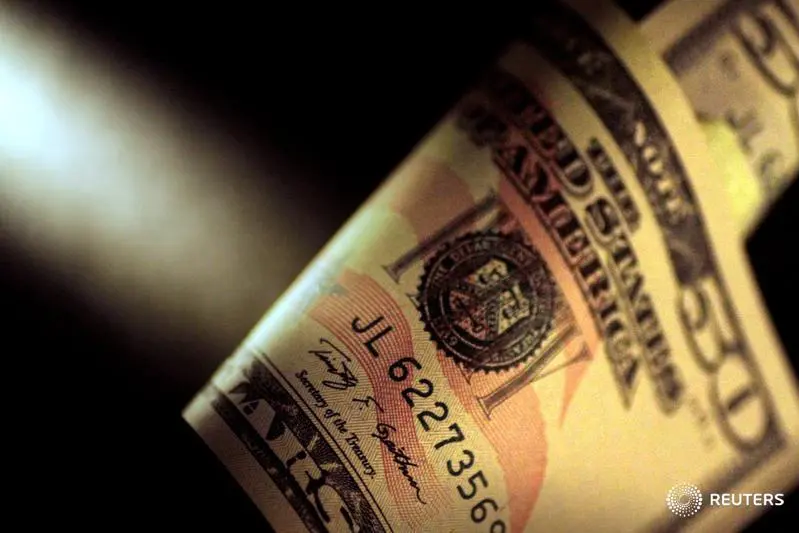PHOTO
DUBAI- Some holders of $1.2 billion in bonds linked to Etihad Airways are seeking to appoint legal advisers to evaluate their options with respect to a potential default of the notes, sources familiar with the matter said.
Etihad issued the bonds in 2015 and 2016 through an Amsterdam-based special purpose vehicle, called Equity Alliance Partners (EAP).
The proceeds were used to enter into separate debt obligations with Etihad and airlines partially owned by the Abu Dhabi carrier at the time, including Alitalia and Air Berlin, both of which are now insolvent.
The bonds lost over 25 cents on the dollar after Alitalia entered special administration and Air Berlin filed for bankruptcy last year.
With over $500 million of the paper held by United Arab Emirates investors, EAP bondholders have assumed that Etihad, which is owned by the government of Abu Dhabi, would step in to support the notes despite the insolvency of the two European airlines.
Etihad, however, is not legally obliged to do so because the bonds have no cross-default provision.
Etihad declined to comment.
The bonds have a credit enhancement mechanism, called “liquidity pool”, which can be used for coupon payments should one of the borrowing airlines in the bonds not be able to pay interest rates on its portion of the debt.
According to the EAP bonds documentation, should such liquidity pool go below 75 percent of its original value, a so-called “remarketing event” would be triggered, meaning that the defaulted loans within the EAP bonds would be auctioned for cash. The bond issuer, EAP, said in an announcement on the Irish stock exchange last week that a remarketing event had occurred.
The group of bondholders, which holds a “significant minority” of the notes across the two issues – $700 million issued in 2015 and $500 million issued in 2016 – is now seeking advice to evaluate its options in relation to the defaulted airlines’ debt obligations, said the sources.
In particular, the creditors are evaluating what actions they could take should the remarketing of the Alitalia and Air Berlin loans not be successful, which could lead to a default of the EAP notes.
Etihad agreed at the end of 2016 to repay Alitalia’s portion of the EAP debt, corresponding to around $235 million, but such agreement was signed ahead of a restructuring plan for the Italian carrier that Alitalia’s workers rejected in early 2017, leading the company to bankruptcy.
Such a “debt assumption agreement” is not public and holders of the EAP notes have not seen it. The group of creditors will also seek advice to determine their recourse to Etihad under its debt agreement with Alitalia, said the sources.
Meanwhile Etihad is discussing what its options are in relation to the bonds.
Some sources believe a refinancing of the entire structure could be on the cards. Others believe Etihad may buy the defaulted loans at par during the remarketing, given its previous commitment to cover Alitalia's debt portion.
(Reporting by Davide Barbuscia Editing by Peter Graff) ((Davide.Barbuscia@thomsonreuters.com; +971522604297; Reuters Messaging: davide.barbuscia.reuters.com@reuters.net))





















